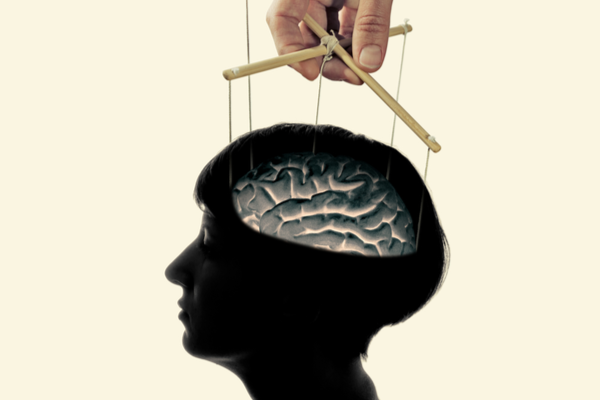
One study points out that forgetting what has been learned can be a functional feature of the brain
Don't store avocado like this: it's dangerousOne study points out that forgetting what has been learned can be a functional feature of the brain
We create countless memories as we live our lives, but we forget many of them. How come? Contrary to the general assumption that memories simply decay over time, "forgetting" may not be a bad thing, according to some scientists it could represent a form of learning.
According to one study changes in our ability to access specific memories rely on environmental feedback and predictability. L'forgetfulness can be a functional feature of the brain, which allows it to interact dynamically with the environment.
In a changing world, forgetting some memories can be beneficial as it can lead to more flexible behaviors and better decision making. If memories were acquired in circumstances that are not entirely relevant to the current environment, forgetting them can be a positive change that improves our well-being.
So, in effect, scientists believe we learn to forget some memories while retaining others that are important. Oblivion obviously comes at the cost of losing information, but a growing body of research indicates that, at least in some cases, there isoblivion is due to impaired memory access rather than memory loss.
Dr Ryan, whose research team is based at the Trinity Biomedical Sciences Institute (TBSI), said:
“Memories are stored in sets of neurons called 'engram cells' and the successful recall of these memories involves reactivating these sets. The logical extension of this is that forgetfulness occurs when the engram cells cannot be reactivated. The memories themselves are still there, but if the specific ensembles cannot be activated they cannot be recalled. It's as if the memories were kept in a safe but you couldn't remember the code to unlock it ”.
The new theory proposes that oblivion is due to the remodeling of the circuit that changes the cells of the engram from an accessible state to an inaccessible one. Since the rate of forgetfulness is affected by environmental conditions, it is believed that forgetting is actually a form of learning that alters the accessibility of memory in line with the environment.
This "natural oblivion" is reversible in certain circumstances, and in pathological states, such as in people living with the disease of Alzheimer, these natural forgetting mechanisms are hijacked, which results in a noticeable reduction in the accessibility of engram cells and pathological memory loss.
Follow us on Telegram | Instagram | Facebook | TikTok | Youtube
Photos: Nature
Could it be interesting for you:
- Thus the hippocampus solidifies your long-term memories
- Discovered the mechanism that makes you associate memories with certain foods and smells
- Travel-related memories shape our personality. Here's how to store them
- Sleep, memories and memory: what happens to your brain while you sleep
- Memory: how to remember more with these 3 simple tricks suggested by neuroscience
- Sleep, memories and memory: what happens to your brain while you sleep


























